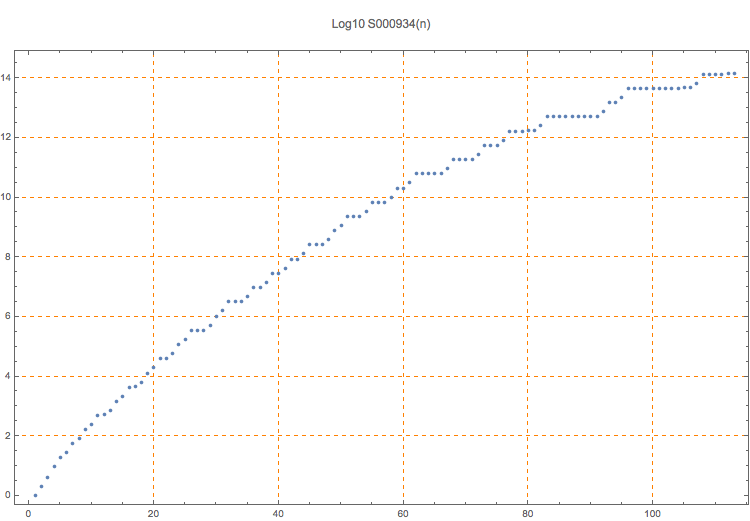In base 3, these positive numbers and their squares are palindromic.
1, 2, 4, 10, 20, 28, 56, 82, 164, 244, 488, 524, 730, 1460, 2188, 4376, 4484, 6562, 13124, 19684, 39368, 39692, 59050, 118100, 177148, 354296, 355268, 363152, 531442, 1062884, 1594324, 3188648, 3191564, 3215216, 4782970, 9565940, 9644996, 14348908
1
In base 2, the sequence appears to be finite, consisting only of the positive terms 1 and 2. See the problem by Alekseyev. Written in base 3, the numbers are 1, 2, 11, 101, 202, 1001, 2002, 10001, 20002, 100001, 200002, 201102,… whose squares are 1, 11, 121, 10201, 112211, 1002001, 11022011, 100020001, 1100220011, 10000200001, 110002200011, 111221122111,….
T. D. Noe, Plot of 113 terms
T. D. Noe, Table of 113 terms
Max Alekseyev, Problem 11922, Amer. Math. Monthly, 123, Aug.-Sept. 2016, p. 722.
Eric W. Weisstein, MathWorld: Palindromic Number
(Mma) makePalindrome[n_Integer, b_Integer, del_] := Module[{c = IntegerDigits[n, b], d}, d = If[del, Join[c, Reverse[Most[c]]], Join[c, Reverse[c]]]; FromDigits[d]]; palindromeQ[n_, b_] := Module[{d = IntegerDigits[n, b]}, d == Reverse[d]]; b = 3; t = {}; Do[Do[Do[d = makePalindrome[i, b, j]; e = FromDigits[IntegerDigits[d], b]; If[palindromeQ[e^2, b], AppendTo[t, e]], {i, b^(n - 1), b^n - 1}], {j, {True, False}}], {n, Floor[0.5 + 10*Log[3]/Log[b]]}]
nonn,base
T. D. Noe, Aug 26 2016
